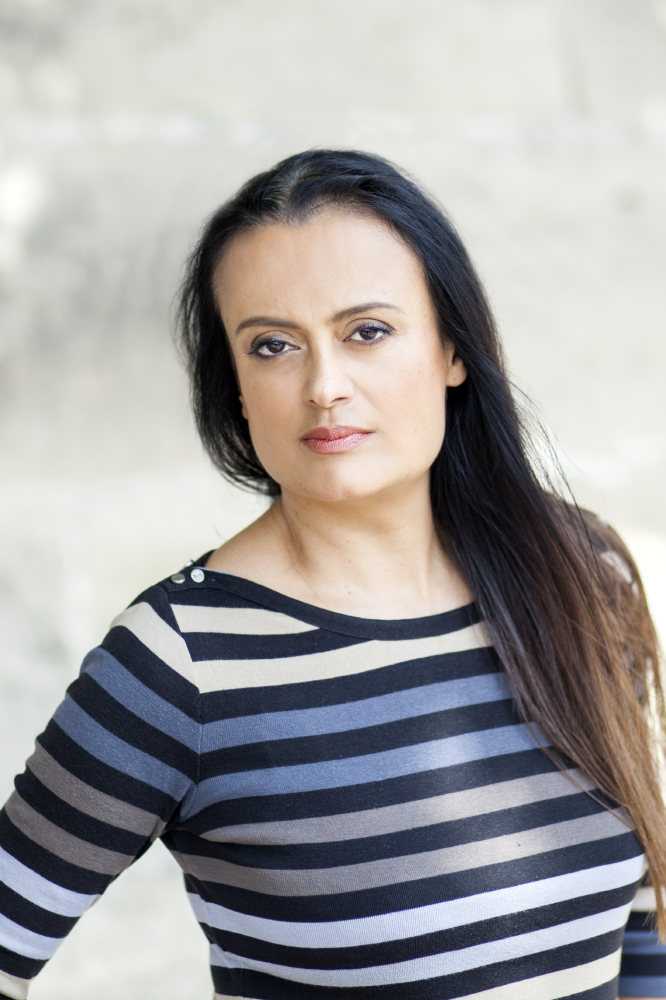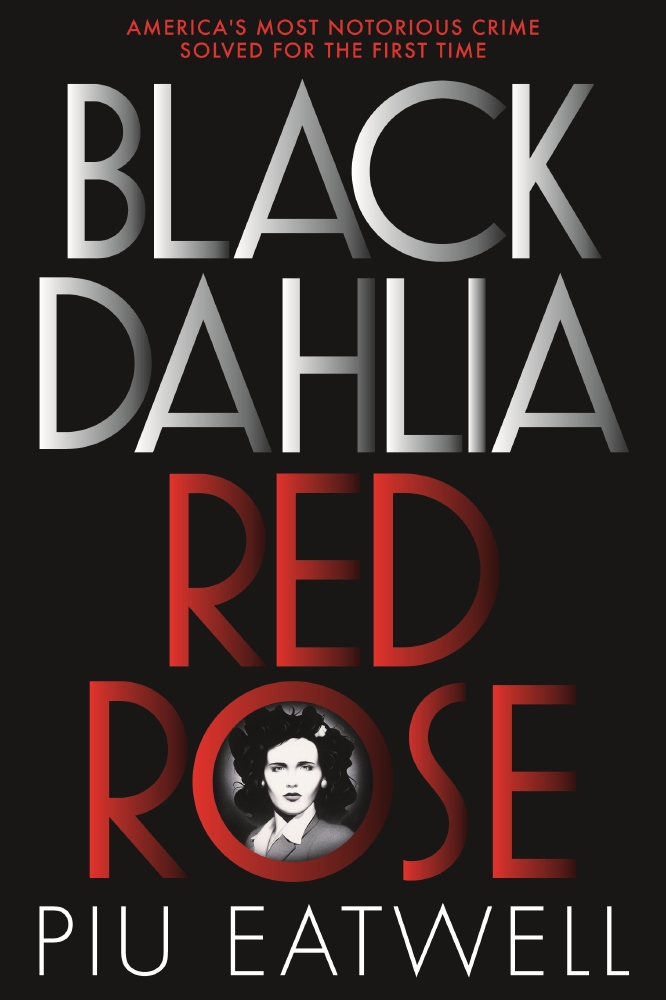I have been writing true crime for four years now, and I’ve just finished my most challenging book yet. Black Dahlia, Red Rose is an investigation of the infamous ‘Black Dahlia’ murder: the as yet unsolved killing of 22 year old Hollywood hopeful Elizabeth Short, whose body was found sprawled on a pavement in suburban Los Angeles in January 1947.

Piu Eatwell by Carsten Wilde
From my teen years, I have loved reading true crime. Fictional thrillers are great but they are never the same for me, really….because they aren’t actually true. So when I grew up, it seemed natural for me to write books in the field that I most enjoyed reading. Embarking on a career in true crime as a woman, however, was daunting. The genre was dominated by veteran male journalists, who had spent years on the beat and hung out in bars with dodgy witnesses who would give them off-the-record accounts of crimes, in a pally sort of way. The stories seemed to follow a similar format: a beautiful (female) victim murdered by a villainous (male) psycopath, finally exposed and brought to justice by clever (male) police officers and journalists. In fact, I might never have been brave enough to try my hand at this genre if it had not been for the inspiration of the Queen of True Crime, the late writer and journalist Ann Rule, whose most famous book remains a biography of the serial killer Ted Bundy, whom she – by one of those amazing coincidences that only happen in real life – met at a local volunteer Crisis Centre.
While in many ways a very traditional true crime writer, Ann Rule never fails to treat her victims with respect. It’s a feature sometimes lacking in true crime written by men, where female victims of vicious killings are often - at best - treated as beautiful background props to the story, or – at worst – as temptresses who somehow deserved their fate. This was very much what happened with the Dahlia murder. In researching the case, I was shocked at how the 1940s police and press attacked the victim, and made out that – because of her free and easy way of life – she somehow ‘asked for’ the terrible fate that befell her. It’s the point made, in a different way, by the brilliant 1988 film The Accused, starring Jodie Foster, where a rape victim’s background and record are seen as somehow justifying her ordeal.
As a woman writing about the murder of Elizabeth Short, I tried to imagine what it must be like for a 22 year old Hollywood hopeful landing in a strange and frightening city, full of dreams but little in the way of concrete plans. How such a girl might fall into the hands of the wrong sort of people. And I tried very hard not to judge her. My extensive and detailed research into the facts of the case led me to the identity of the person – or rather, people - whom I believe were Elizabeth’s killers. And I hope, that in naming them without blaming her, I have finally brought her some sort of justice.


